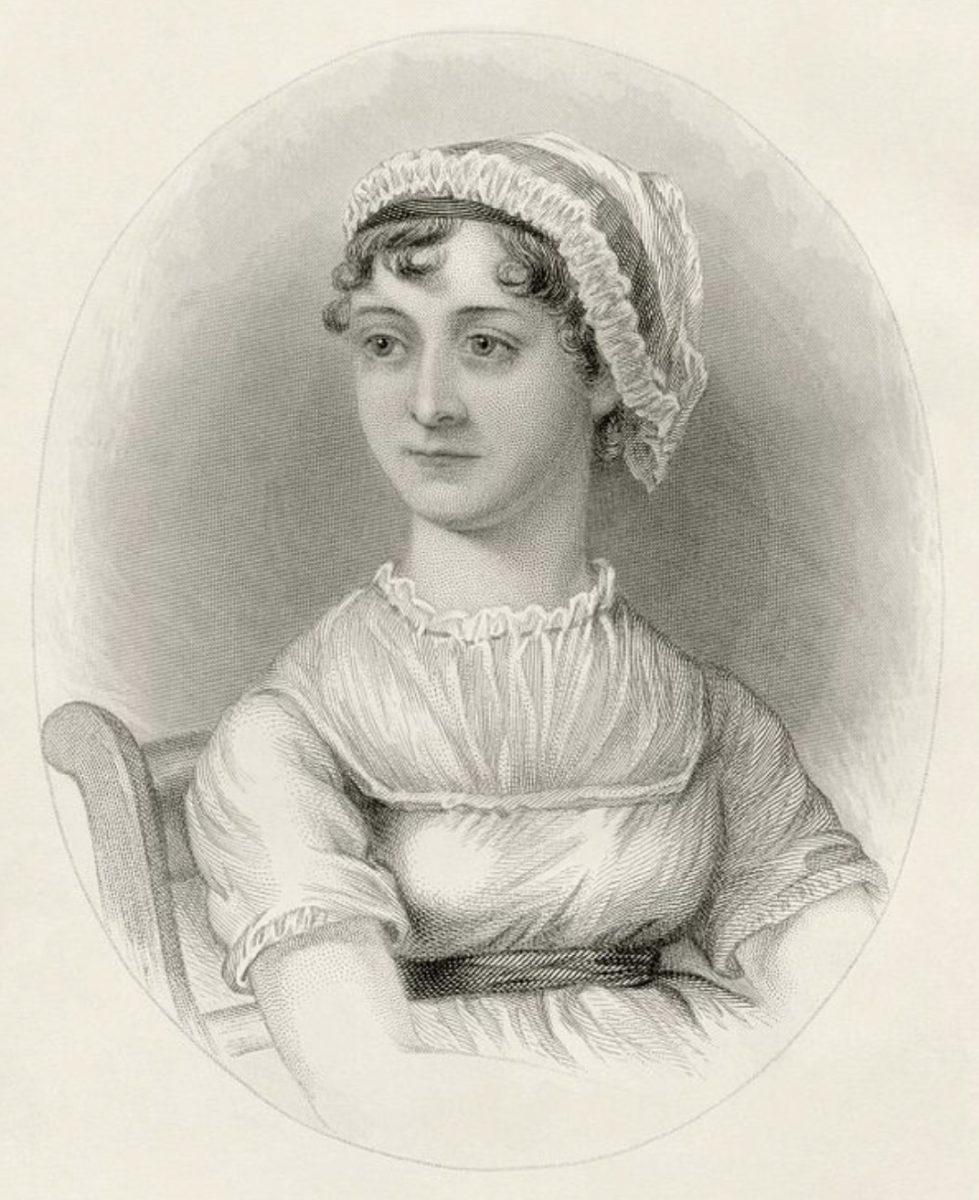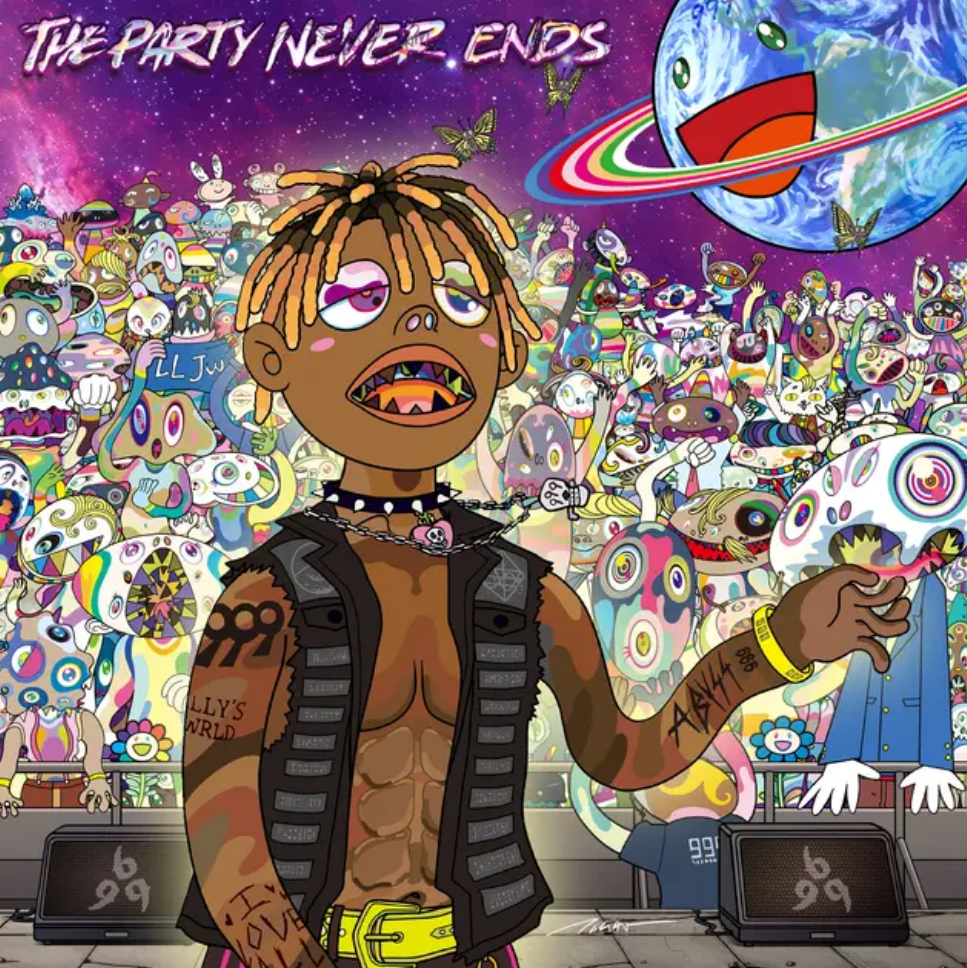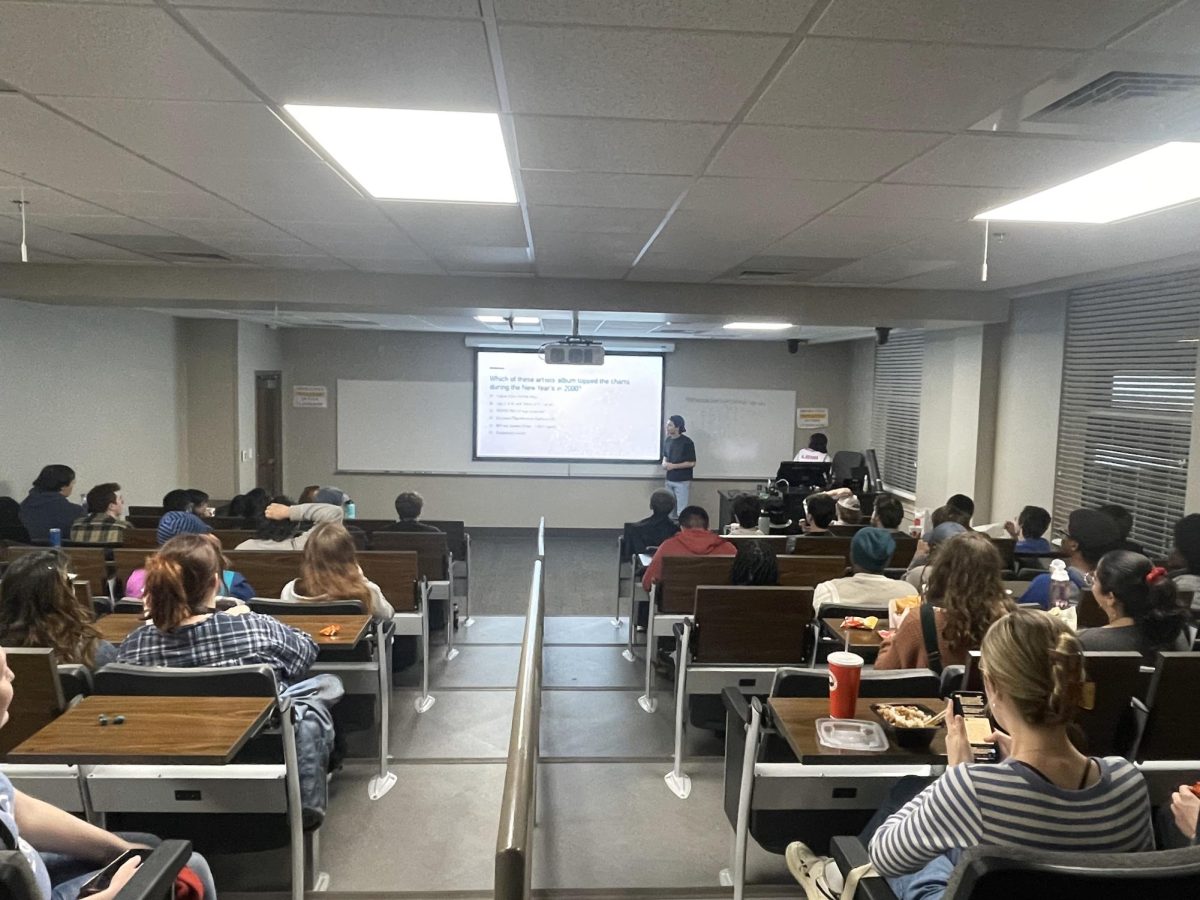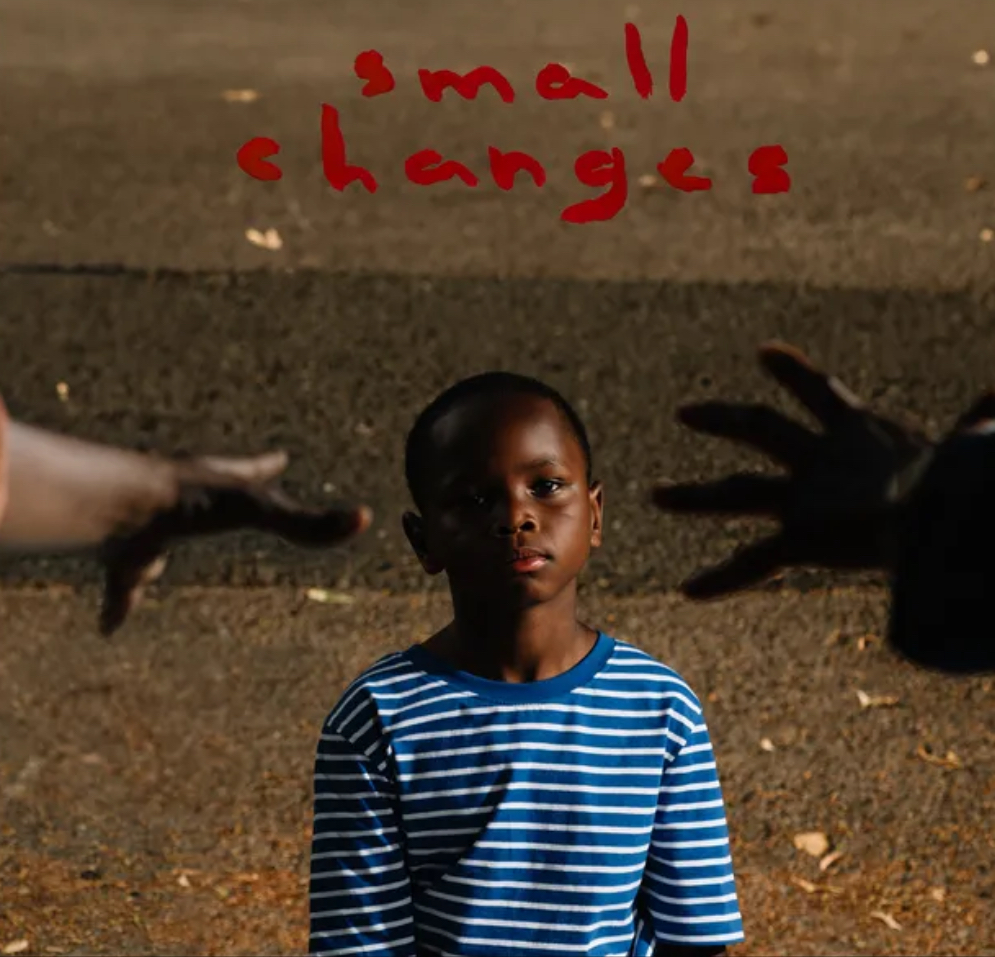As the presidential election approaches, candidates work to appeal to voters by obtaining audiences through trending forms of media.
“In the ‘50s, ‘60s, ‘70s, the overall electorate was more informed about politics, not because people were smarter, but because of what’s called ‘incidental exposure,’” said Josh Bramlett, an assistant professor in the Department of Public Relations.
In an article by Oxford Academic published in the Journal of Communication, Andreas Nanz and Jorg Matthes define incidental exposure as “situations in which individuals encounter political content although they did not actively search for it in the first place.”
Bramlett also said that in the 1950s, during Dwight Eisenhower’s presidency, the only TV stations were NBC, CBS and ABC. These stations offered both entertainment and news, meaning viewers unintentionally exposed themselves to news and politics when seeking entertainment.
With the modern variety in media, incidental exposure is less common. Candidates are required to seek audiences in more innovative ways, Bramlett said. In current public relations campaigns from both former President Donald Trump and Vice President Kamala Harris, this comes in the form of podcast appearances.
Bramlett said that podcasts allow candidates to target specific demographics. Harris made appearances on “Call Her Daddy,” which Spotify called “The most-listened-to podcast by women,” and “All The Smoke,” where, Bramlett said, she made appeals to the Black community.
“My mother was very clear. She was raising two Black girls to be two proud Black women,” Harris said during the podcast. “Sit down and get comfortable for a few hours if you want to start talking about race in America.”
Trump made an appearance on a stream with Adin Ross and an episode of “Bussin’ With The Boys.” Bramlett said Trump was appealing to young male voters.
These platforms not only allow the candidates to target specific audiences but also allow them to speak in-depth about important issues.
“This election is just about a few issues. When you look at public opinion polls, it is the economy,” Bramlett said. “Then there’s reproductive rights and there is immigration. If you’re going on a podcast and talking about one of the big three issues, then that’s pretty good.”
In a Genforward survey, when asked what they believed to be the most important problem facing the country today, 32% of those surveyed selected issues related to the economy (income inequality, unemployment, economic growth and taxes), 5% selected issues related to reproductive rights (women’s rights and abortion) and 7% selected immigration.
Trump’s conversation with Dave Ramsey on “The Ramsey Show” focused specifically on economic policy.
“It’s a show about life, about money, about relationships. It’s not a show about politics,” Ramsey said early in the episode.
Alex Cooper, the host of “Call Her Daddy,” made similar comments when opening her episode with Harris.
“I do not usually discuss politics or have politicians on the show,” Cooper said. “I couldn’t see a world in which one of the main conversations in this election is women and I am not a part of it.”
Bramlett said that while podcasts not only allow candidates to target specific audiences and focus on singular topics, they also allow candidates to portray themselves as relatable and likable.
Trump humanized himself on “This Past Weekend” with Theo Von, discussing his brother’s struggles with alcoholism and how it impacts his own choices and parenting, Bramlett said. Ross took a more direct approach in his stream, saying to his audience that Trump is a “great human being.”
On “Call Her Daddy,” Harris painted a picture of her upbringing, describing how her mother’s actions provided her with a sense of agency and how she handled her mother’s death.
Bramlett said that Harris made an effort to appear relatable by discussing her support of the Golden State Warriors on “All The Smoke.”
Exploring platforms that allow a candidate to appear more relatable to voters is not a new trend, Bramlett said.
“These shows like Alex Cooper or Theo Von are just today’s version of daytime talk shows in the ‘90s or even the mid-2000s,” Bramlett said. “Donald Trump famously had Jimmy Fallon play with his hair, and Barack Obama danced to promote the healthcare bill [on Ellen].”
Bramlett gave examples of how criticism has evolved public relations campaigns throughout modern presidential history. He said that Theodore Roosevelt was criticized as attention-seeking for speaking with the press, Franklin D. Roosevelt was criticized for his Fireside Chats, John F. Kennedy was criticized for answering his own questions at press conferences and Obama was criticized for his use of social media.
“Candidates just go to where audiences are,” Bramlett said. “The presidency always evolves, and presidents and candidates operate in the environment that was created for them by their predecessors.”









